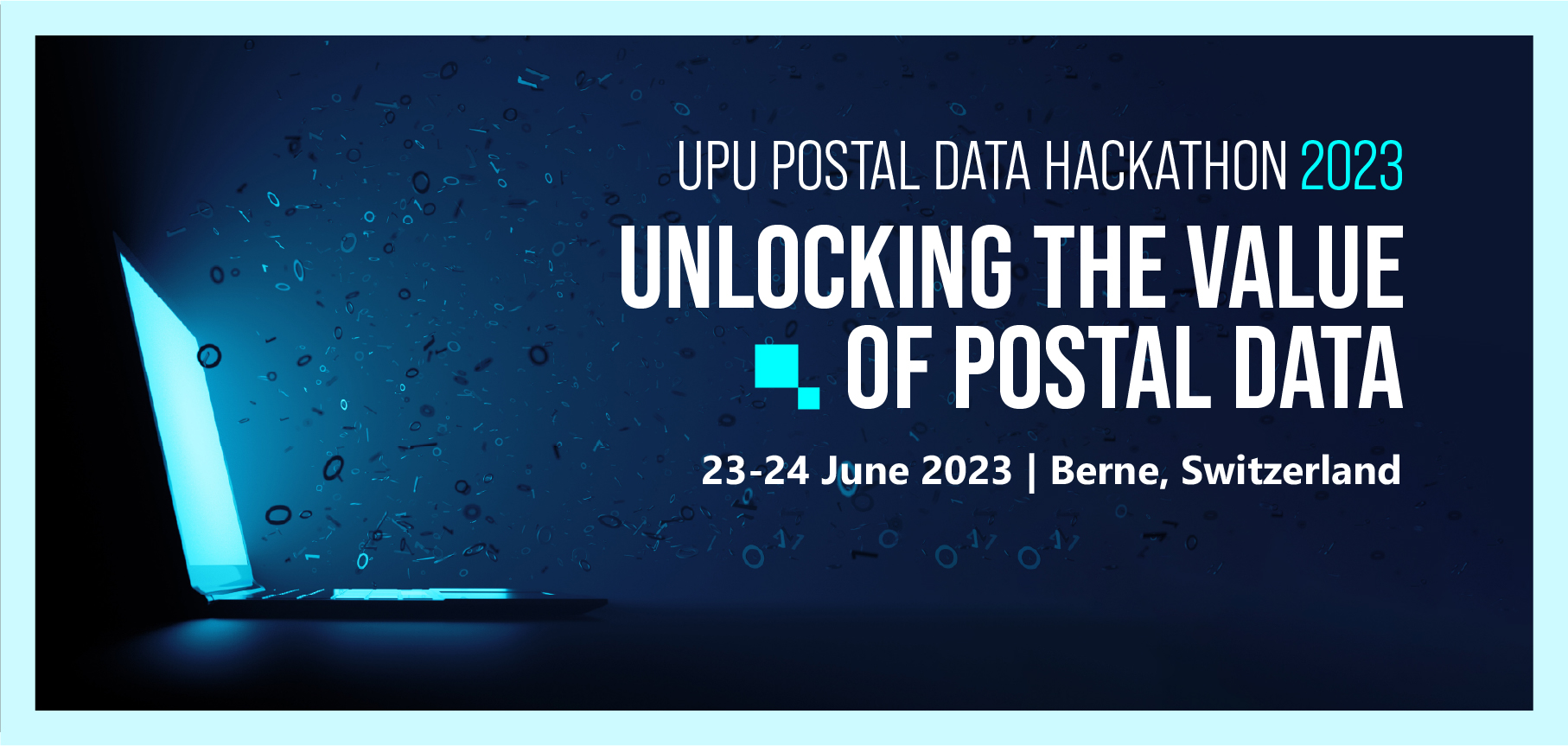Overview
The UPU Innovation Challenge is a global platform that fosters innovation in the postal sector. By bringing together experts from diverse fields, participants collaborate to tackle industry challenges, develop impactful solutions, and unlock new opportunities. Using unique datasets and cutting-edge tools, the challenge pushes the boundaries of what’s possible, driving transformation in postal services and beyond.
By leveraging AI and data-driven insights, the event sets new standards for the industry and helps shape the future of global communication and trade. Open to individuals from all backgrounds, the UPU Innovation Challenge welcomes data scientists, industry professionals and creative thinkers alike. While technical expertise is valuable, diverse perspectives and a problem-solving mindset are equally essential. Together, participants craft innovative solutions that address complex challenges and drive lasting change.
2025 edition
Unlocking the power of hyper-collaboration
Building on the success of the first editions, the UPU, in partnership with the European University Institute’s Centre for a Digital Society (EUI-CDS) and with the support of La Poste Groupe France and Amazon Web Services (AWS), will host the third edition of the UPU Innovation Challenge under the theme "Unlocking the power of hyper-collaboration" at the St Raphael Resort & Marina in Limassol, Cyprus, from 21 to 23 May 2025, in conjunction with the 33rd Conference on Postal and Delivery Economics.
Join the UPU Innovation Challenge and be part of a global effort to redefine the future of postal services.
For more information on how to participate and register, visit the page here -registration closed.
About privacy
Please refer to this document here on how the UPU will process personal data provided by participants registered to the UPU Innovation Challenge.
Past editions - highlights
Explore past editions and hear from participants who have contributed to groundbreaking advancements in the industry.
2024 edition
2023 edition
Our partners
The UPU extends its sincere gratitude to the partners who contribute to the success of our innovation initiatives. The 2023 edition was organized with the invaluable support of La Poste Groupe France, Eurora, the Swiss Federal Institute of Technology in Lausanne (EPFL), and the International Telecommunication Union (ITU). This event was further enriched by the facilitation of Opendata.ch (a non-profit organization dedicated to promoting transparency, participation and innovation) and data contributions from the International Civil Aviation Organization (ICAO) and the United Nations Statistics Division (UNSD).
The 2024 edition built on this collaborative spirit, was brought to life in partnership with the European University Institute’s Centre for a Digital Society (EUI-CDS) and the support of La Poste Groupe France. Contributions from data partners, including ICAO and UNSD, played a pivotal role in shaping the event’s innovative discussions and outcomes.
Together, these partnerships drive transformative advancements in the global postal and logistics sector.
Contact
If you have any questions or wish to participate in upcoming UPU hosted hackathons, please reach out to us: eservices@upu.int.

